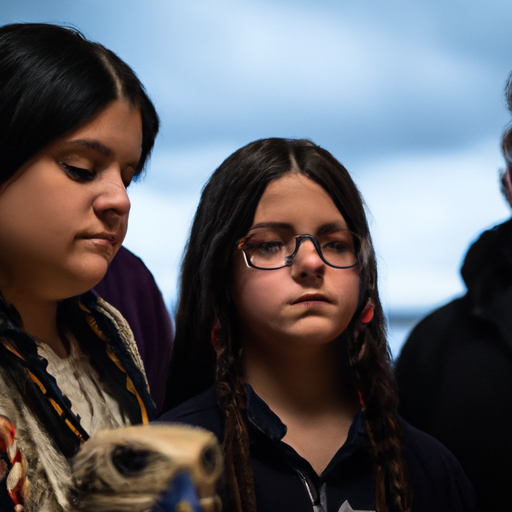Reflections on the Opioid Crisis in Canada: Indigenous Communities Most Impacted
As the conversation continues to unfold around Canada’s ongoing opioid crisis, it becomes increasingly imperative that we look into those sections of the population that the crisis has impacted the most – namely, the indigenous communities. Our discussions about opioids, opioid class actions, homelessness, and crime constitute only one facet of this multi-dimensional issue, while the human tragedies play out in slow, devastating unfoldings.
An Overview of the Crisis
The opioid crisis in Canada has been a silent epidemic, ensnaring many in its lethal grasp. The cancer of opioids has spread far and wide, leaving in its destructive path numerous lives lost and communities shattered. In 2017 alone, more than 4,000 Canadians lost their lives due to opioid overdoses. Today, it is not uncommon to find individuals, especially those from vulnerable communities including the homeless, invariably tangled in the insidious network of opioid dependence. The resulting strain on the health system, coupled with the spiraling crime rates, has underscored the severity of the crisis.
Indigenous communities: Bearing the Brunt of the Epidemic
Among those most affected are Canada’s indigenous communities. This group, according to the linked article in APTN News, has had to directly bear the brunt of the opioid epidemic. They have experienced an insurmountable level of grief and loss, and it seems the government’s initial approach didn’t fully comprehend the depth of the issue. The problem was, instead of investing in preventive measures, the authorities were more focused on merely addressing the symptoms, resulting in a system that was reactive rather than proactive.
Government Actions and Support
Fortunately, in recent years, government authorities have started to recognize the need for stronger actions. The Trudeau government has made efforts to address the opioid crisis and support the affected indigenous communities. Some key initiatives include:
- Class action lawsuits against opioid manufacturers and distributors
- Investment in new programming to prevent opioid-related deaths in indigenous communities
- Approval of supervised drug consumption sites
- Increased distribution of naloxone kits to the affected communities
The Case for More Inclusive Strategies
While the response has represented a good starting point, it hasn’t been enough to curb the crisis. Indigenous communities, particularly women and adolescents, continue to be disproportionately affected by opioid addiction. In order to combat the crisis more effectively, strategies must be personalized to encompass indigenous knowledge, culture, and community support systems. Also, adopting a more preventive stance can go a long way in curbing the wave of opioid addiction.
Key Takeaways:
The opioid crisis remains one of the most menacing public health challenges in Canada, and it’s not a problem that can be solved overnight. Opioid addiction and its subsequent impacts such as homelessness and rising crime rates require strategic and sustained efforts to curtail. The initiatives taken by the Trudeau government, although a step in the right direction, still leave much to be desired in terms of inclusivity and comprehensiveness.
Addressing the opioid crisis demands an understanding that opioids, opioid class actions, homelessness and crime are all interconnected, threaded together by the underlying issue of systemic and intergenerational trauma among the indigenous communities. We must remember that at the heart of our debates and discussions lie actual lives, actual communities, and an actual nation grappling with the repercussions of a crisis that was allowed to fester for far too long. It was their kids, their parents, and their neighbors. Tomorrow, it could be ours. Because at the end of the day, we’re all in this together. Let’s vow to remember that.
Stay tuned for more thought-provoking discussions about opioids, opioid class action, homelessness, crime, and naloxone in our upcoming posts. In the meantime, let’s all do our part to support those affected by this nationwide crisis.


